Cumin, a spice with a distinctive aroma and warm flavor, has been an integral part of culinary traditions across cultures for centuries. Beyond its culinary allure, cumin offers a range of potential health benefits.
In this article, we will delve into the history and origin of cumin, its nutritional profile, health benefits, ways to incorporate it into your diet, and important precautions to consider.
Cumin has a fascinating history that traces back to ancient times. Believed to have originated in the Mediterranean region, cumin was cultivated and used extensively in ancient Egypt, Greece, and Rome. It later spread to other parts of the world, including Asia and the Americas. Today, cumin is cultivated in various countries, with India being the largest producer.
Nutritional Profile
Cumin is a nutrient-rich spice, offering an array of beneficial compounds. It is an excellent source of iron, providing a significant portion of the recommended daily intake. Cumin also contains antioxidants, dietary fiber, calcium, magnesium, and vitamins A, C, and E.
Health Benefits
Cumin offers several potential health benefits:
- Digestive Support: Cumin has traditionally been used to aid digestion and alleviate digestive discomfort, such as bloating and gas.
- Anti-inflammatory Properties: The antioxidants in cumin may help reduce inflammation and promote overall well-being.
- Weight Management: Some studies suggest that cumin may aid in weight loss by boosting metabolism and reducing appetite.
- Blood Sugar Control: Cumin has shown potential in improving blood sugar control and insulin sensitivity in individuals with diabetes.
- Respiratory Health: Cumin’s antimicrobial properties and ability to clear congestion make it beneficial for respiratory health.
Incorporating Cumin into Your Diet
Cumin can be easily incorporated into various dishes to enhance their flavors:
- Spice Blends: Add ground cumin to spice blends like curry powder or taco seasoning for a distinctive taste.
- Roasted Vegetables: Sprinkle cumin over roasted vegetables, such as carrots or cauliflower, to infuse them with a warm, earthy flavor.
- Soups and Stews: Enhance the richness of soups and stews by adding a pinch of cumin during cooking.
- Homemade Hummus: Blend cumin into homemade hummus for a Middle Eastern twist and added depth of flavor.
Precautions
While cumin is generally safe for consumption, it is essential to consider the following precautions:
- Allergic Reactions: Some individuals may have allergies or sensitivities to cumin. If you experience any adverse reactions, discontinue use and seek medical advice.
- Pregnancy and Breastfeeding: Pregnant or breastfeeding women should consult with a healthcare professional before consuming large amounts of cumin.
Conclusion
Cumin is a spice that has captivated taste buds for centuries, adding depth and warmth to countless dishes. Beyond its culinary significance, cumin offers potential health benefits, ranging from digestive support to anti-inflammatory properties. By incorporating cumin into your diet wisely, you can savor its flavors and potentially reap its health perks. However, if you have specific health concerns or conditions, it’s crucial to consult with a healthcare professional. Embrace the aromatic allure of cumin and enjoy its many culinary and potential health benefits, adding a touch of vibrancy to your everyday meals.
Image by a15066498788 from Pixabay
Spices
-

Flaxseeds Pack A Nutritional Punch in A Tiny Package
Flaxseeds, also known as linseeds, have gained popularity in recent years due to their impressive nutritional profile and potential health benefits. These small, brown or golden seeds come from the flax plant (Linum usitatissimum) and have been cultivated for thousands of years. Packed with essential nutrients and unique compounds, flaxseeds are a versatile ingredient that…
-

Apple Cider Vinegar Decoded – A Quick Guide
-

Turmeric – Harnessing The Power of Its Health Benefits
-

Unveiling Cumin – A Flavorful Spice with Rich Health Benefits
-

Coriander Is The Antioxidant Powerhouse For Your Diet
-

Turmeric: The Golden Spice With A Promising Health Benefits
-

Black Pepper – The Spice of Life

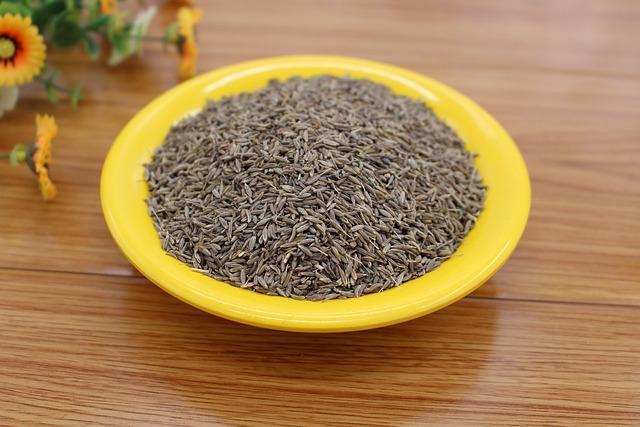
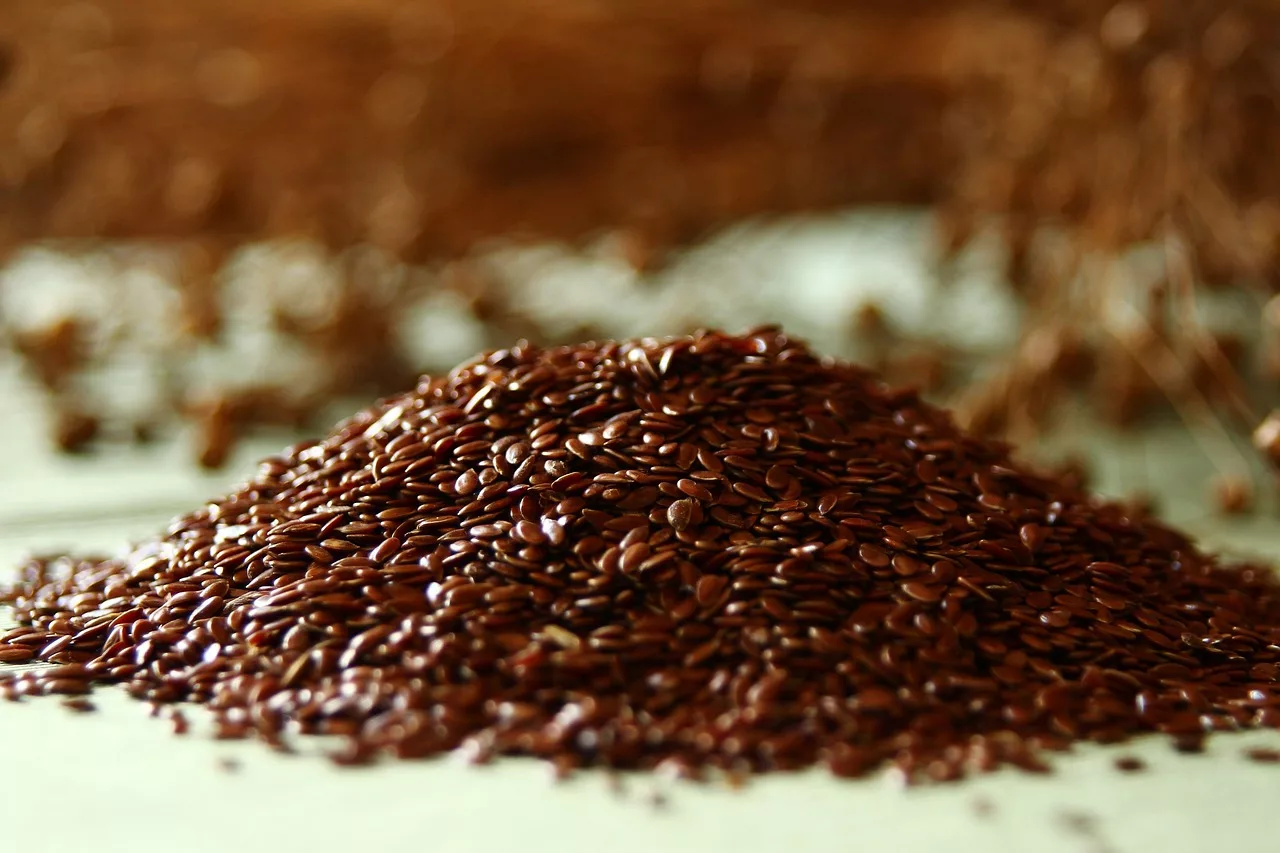
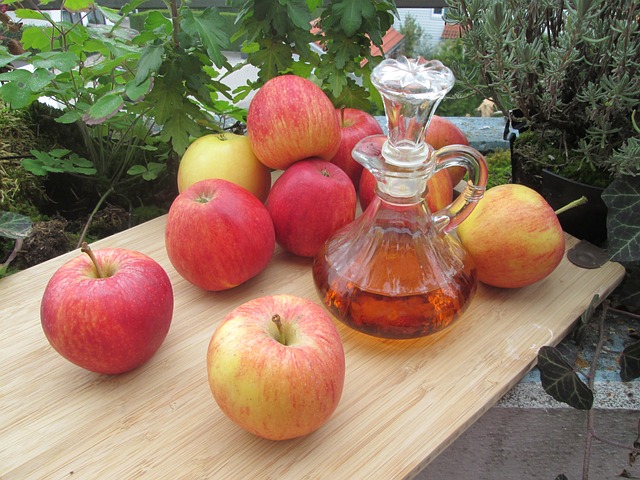
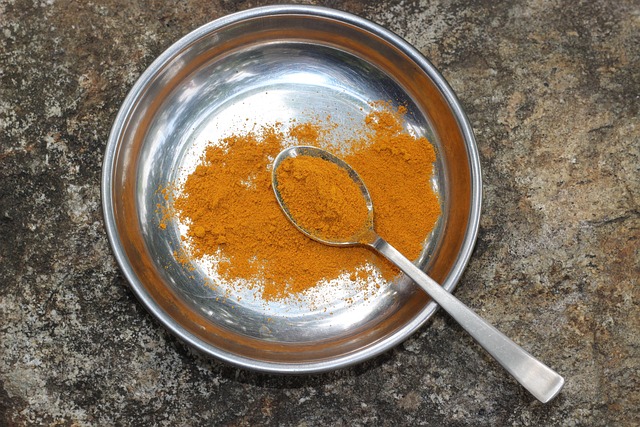
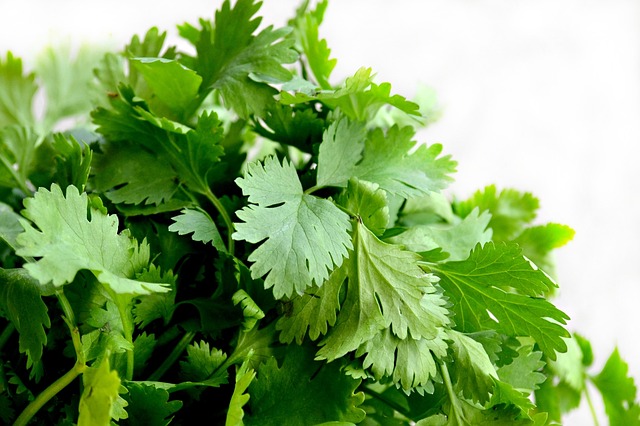
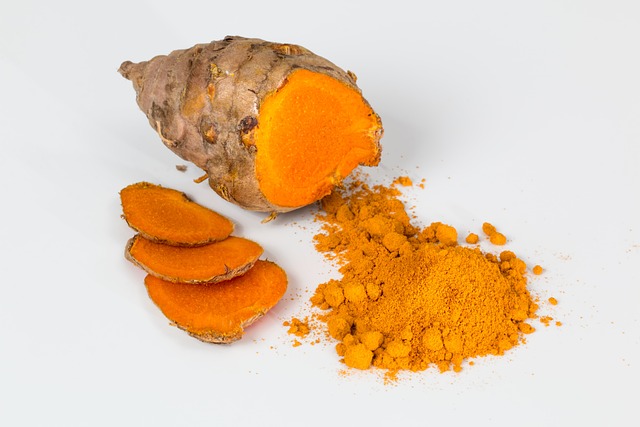
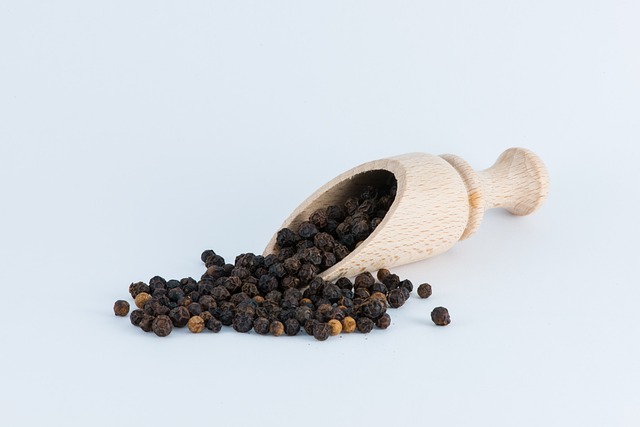
Leave a Reply